Melia Bensussen: When I got the call that Hartford Stage scheduled me for a first interview, you were the first person I wrote. Having worked for you there as a director, when you were the company’s artistic director (1998-2011), you were very much on my mind through this whole process.
I remember when you took over from Mark Lamos, the artistic director before you (1980-97), there was a letter from him to you in the green room for everyone to see, wishing you well on your first season. I found that very moving.
Michael Wilson: Mark was incredibly supportive. In fact, when I got the nod from the search committee in January 1998, the first call I made was to Mark. I wanted his approval, his support.
Melia: I also wrote Mark saying that I couldn’t believe I was at this stage. Then meeting Darko Tresnjak, the artistic director I’m taking over from, and having him be so pleased meant the world.... As competitive as this profession is for all of us, I feel so welcomed. It is a kind of approval.
What’s exciting about these leadership transitions and the HowlRound series on them is reading all the different ways people are finding to decode theatres to each other. Since the appointment, I’ve been in touch with so many of the new artistic directors, like Maria Goyanes at Woolly Mammoth, Marissa Wolf at Portland Center Stage, Johanna Pfaelzer at Berkeley Rep, and Hana Sharif, who’s heading to the Rep in St. Louis. There’s so much opportunity for the exchange of ideas.
I feel the generosity of this profession and the connections that we forge circling back. There’s something about the privilege of suddenly having one of these positions that allows you to see all the connections you’ve made, all the ways we’re all connected through our different jobs in different theatres at different times. Now I get to be a host instead of a guest, and I love this shift and all the opportunities it presents.... You can see the wealth of the possibilities and artistry in our field.
Now I get to be a host instead of a guest, and I love all the opportunities it presents.
Michael: You’ve just hit on some very important points. I believe it is a privilege to serve in one of these artistic leadership positions. And part of that privilege, part of that honor, is to have the opportunity and the responsibility to look beyond your own work. Creating, curating—
Melia: Wanting to support other directors and playwrights and actors and designers.
Michael: The generosity that you spoke about, I know what that’s like. Before Mark, Paul Weidner was artistic director (1969-1980). In 1997, Zelda Fichandler—by then well into her second decade as chair of the Grad Acting program at NYU—called me to direct Tony Kushner’s Hydriotaphia as one of the third years’ two spring projects. We were in rep rehearsals, with Paul directing the other production, a Fugard play. I would leave my rehearsal and in came Paul for his, so he and I would have all these conversations. I was not even a glimmer in Hartford Stage’s eye but, within a few months I would be named Hartford’s fourth artistic director. When that happened, I remember feeling so grateful for Paul’s warm, interested words. I felt there was this kind of energy that was being passed down from him.
Melia: You do feel a sense of legacy and trust, a sense of shared stewardship among all of us. I don’t remember if I was asked this directly by the search committee or if I was being a little unfiltered, but at one point during the hiring process I said, “My worst nightmare about this is that I will in some way hurt this institution.” The search committee answered that I’d been running a large theatre program for eleven years, so it was evident that I had the skills. But it is different: as artistic director you are the CEO and have the ultimate responsibility. Being a department chair, as I have been, is more of a middle-management position, which comes with its own challenges but it’s not the same burden. What I greatly appreciate is that the theatre’s board saw my academic background as a great training ground for a future artistic director.
Historically, or at least over the last forty years or so, there has been a bias against theatre professionals working in the academy—unless they’re at the top grad schools. We tend to, as a profession, not be respectful enough of our colleagues who are teaching as well as working professionally. As though theatre artists in the academy have somehow abandoned the “real” business of theatre. I hope my appointment at Hartford helps in some small way point out how great it is when the “academy” and the “profession” are more intertwined.
Michael: I know many of our fellow directors who work a lot in the academy have felt the way that you’re describing. At the same time, I think there are many of us who feel those who serve in the academy are also doing very important research work, developing the next generation, and also are often, as you are, directing productions of classics and new plays elsewhere, winning awards, and all kinds of wonderful things in addition to the academic work.
Your experience at Emerson College is another thing that makes you so uniquely the right person to run Hartford Stage at this moment. In the sixties there was this explosion of these upstart companies like Hartford, Long Wharf, Yale Rep—all founded with the rebellious intent of providing an alternative to commercial Broadway, but what’s happened over the last fifty-plus years is that they have all become these very complex institutions integral to the life of the community they serve. The work on stage is still for many of us the first thing, but you’ve also got education and community outreach that have become essential program pillars. I feel that your creative and strategic mind, combined with your soul, which is passionate about exploring and connecting diverse cultures, makes you the perfect leader for the company in 2019.
Melia: I stopped being department chair after eleven years and thought, ”Now I’ll be able to do much more of my own work, as well as to continue to teach,” which is a really terrific combination. So, when I first went to the interview at Hartford, I went in feeling as though I wasn’t sure it really was the right thing to do at this time. Seeing my colleagues in these positions, I’d of course noticed, as we all have, how very brutal it can be to be an artistic director. In truth, it is utterly terrifying to contemplate how much I need to learn.

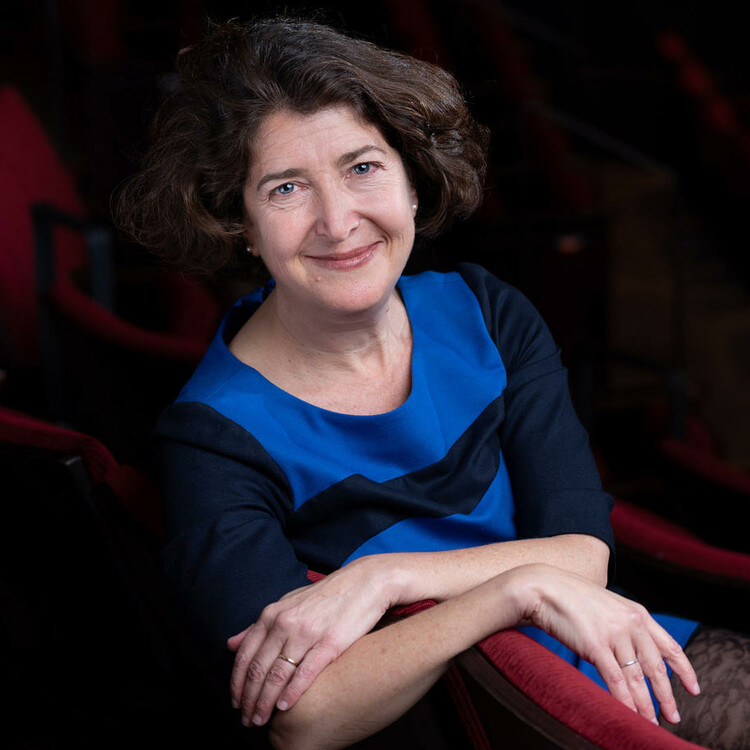
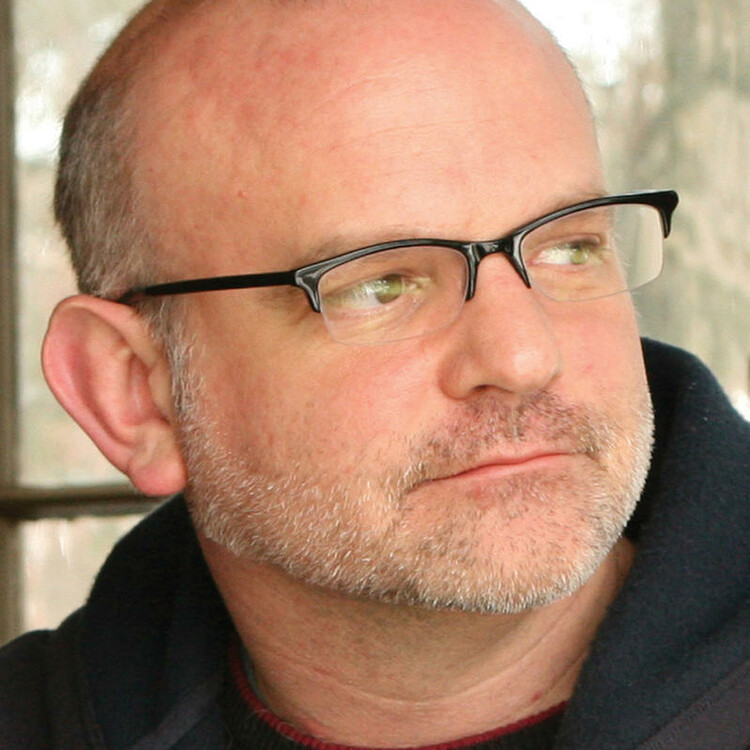
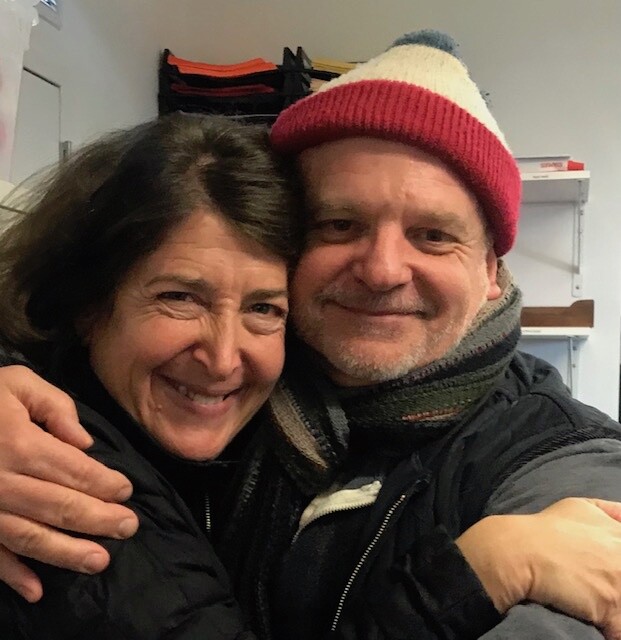
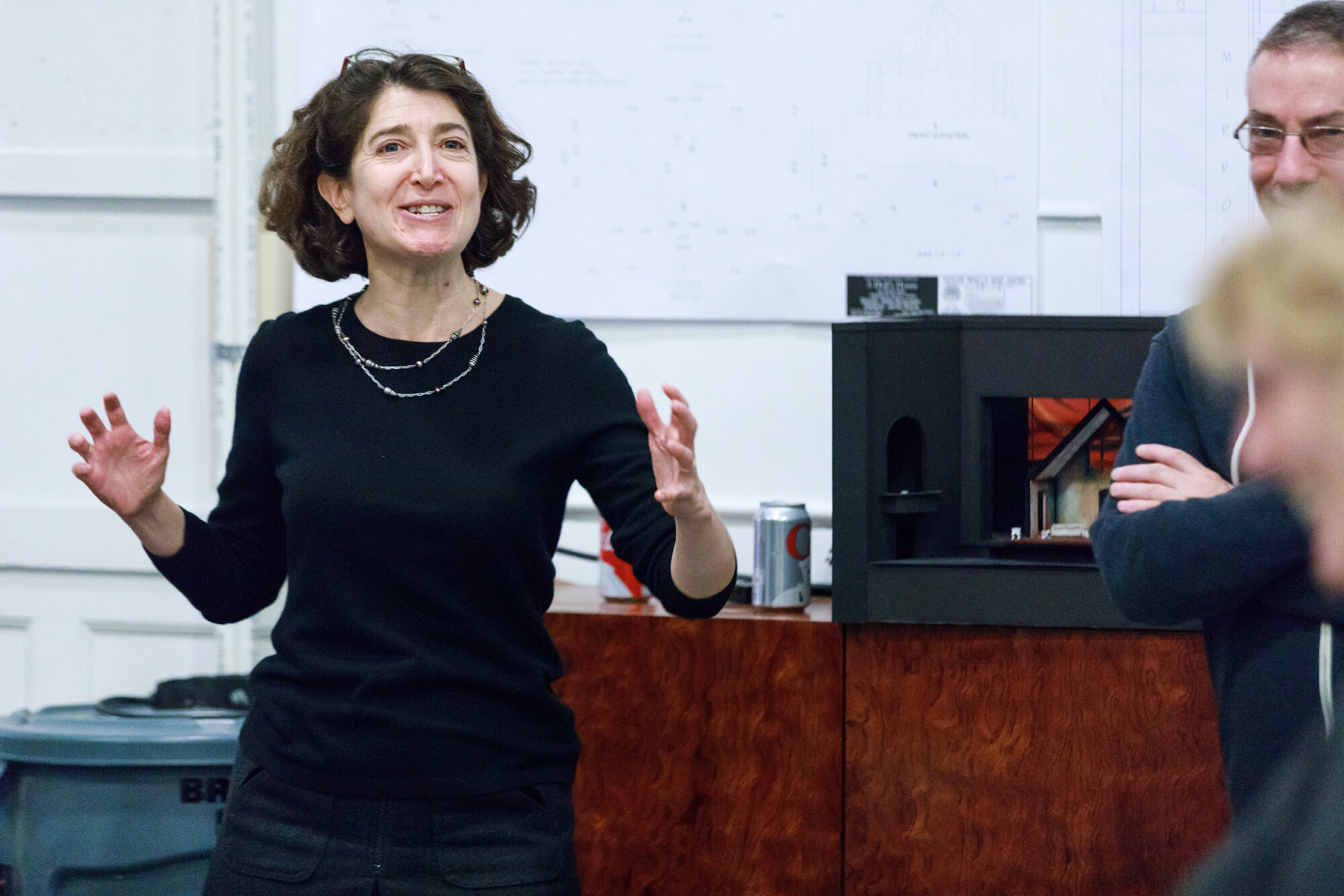
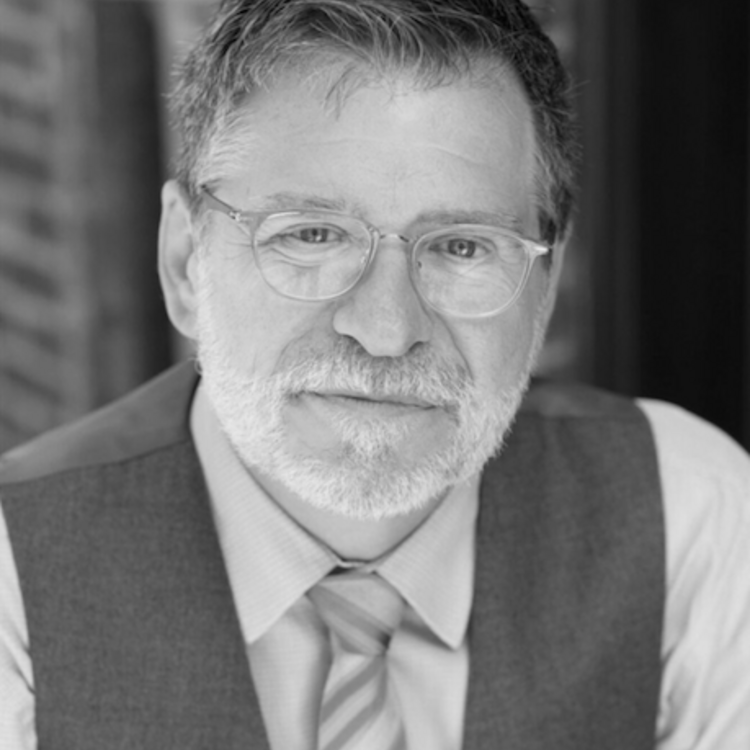
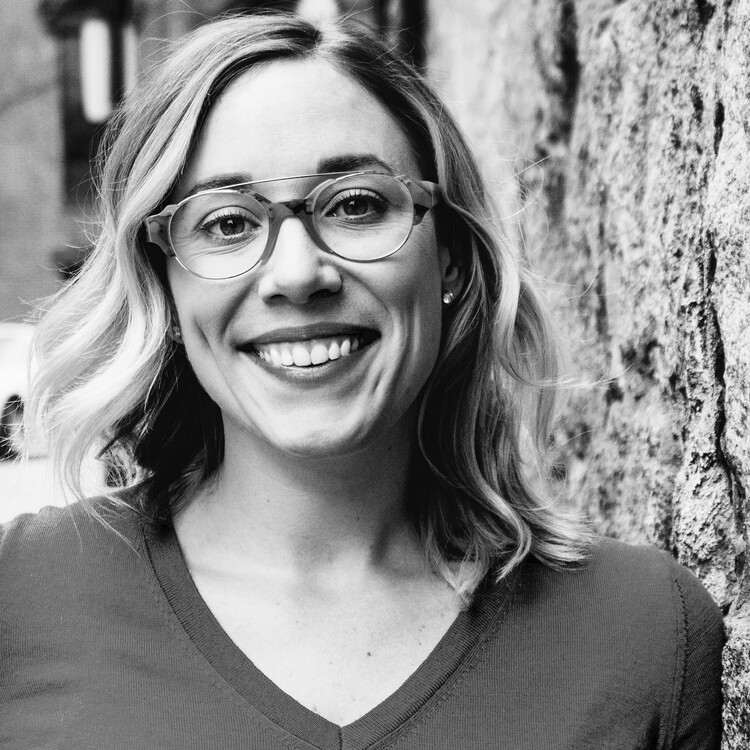


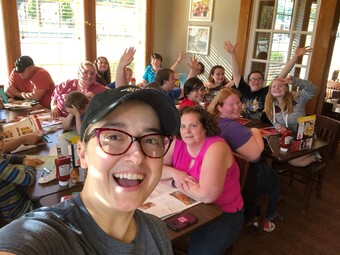


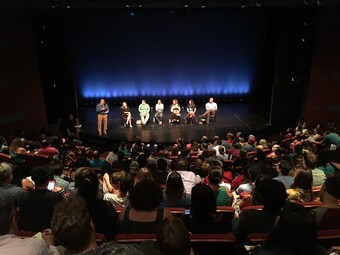

Comments
The article is just the start of the conversation—we want to know what you think about this subject, too! HowlRound is a space for knowledge-sharing, and we welcome spirited, thoughtful, and on-topic dialogue. Find our full comments policy here